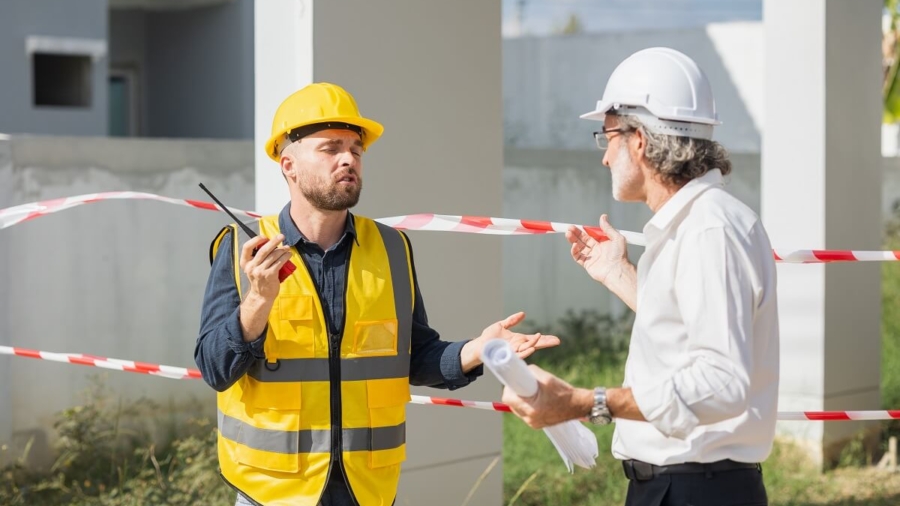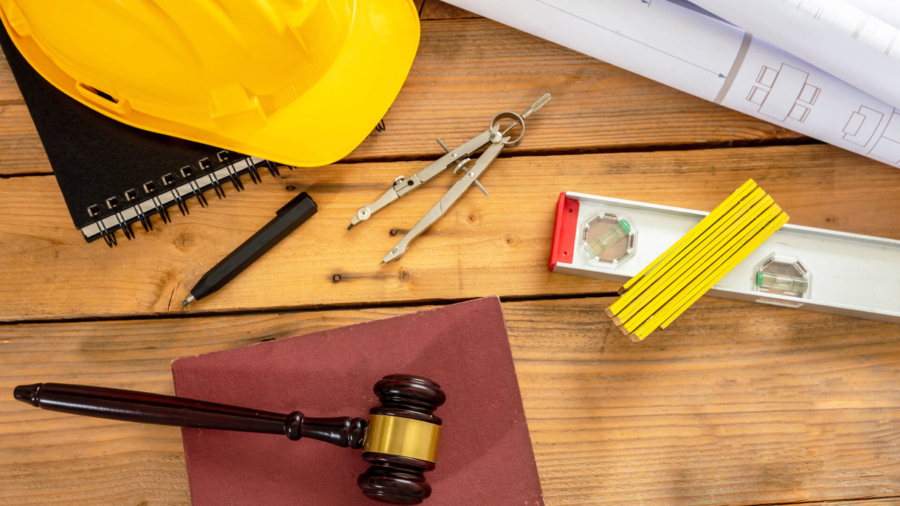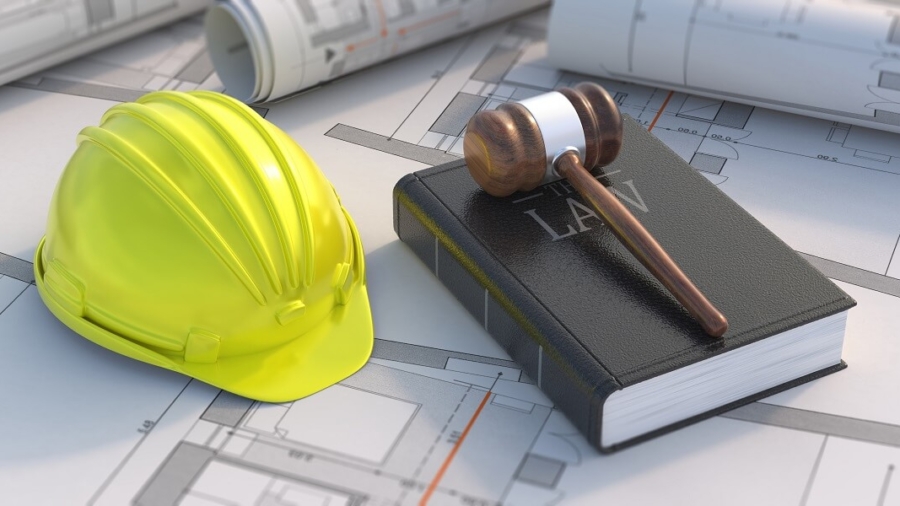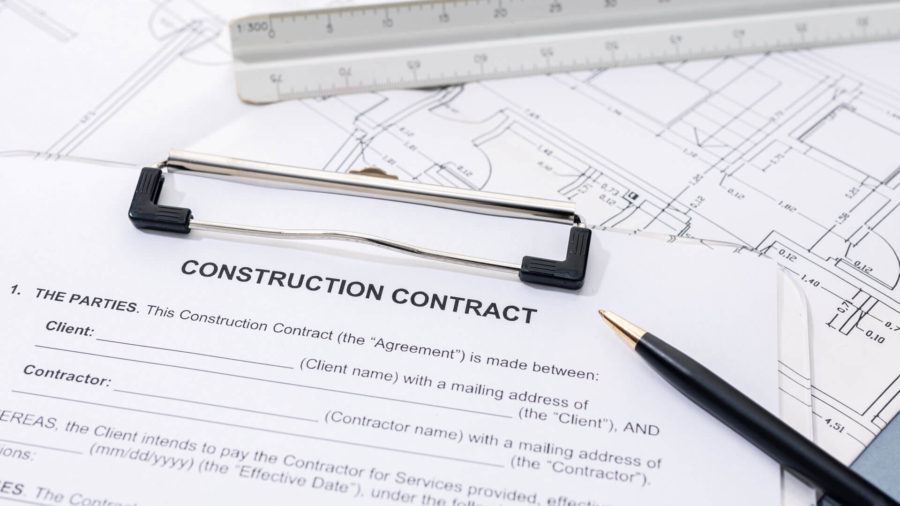Hiring a contractor is a big investment, and most homeowners rightly expect to receive quality work and fair treatment. Unfortunately, some contractors take shortcuts to save time or money, leaving homeowners with shoddy work and huge repair bills later.
When you know what to look for, you can spot those early warning signs and take action before the problems get worse. Find out what you can do if you discover your contractor cutting corners.
Why Ignoring Red Flags Can Lead to Serious Repair Bills
Small hiccups today can turn into big bills down the road. When you ignore uneven tiles or loose boards, what should have been a simple fix can spiral into a full redo, and that can cost you far more than catching the problem early.
Beyond the repair price, poor workmanship can also create safety hazards and reduce your home’s value. For this reason, trust your instincts. Catch trouble early, and you can save yourself from footing a much larger repair bill down the road.
Early Warning Signs of a Bad Contractor
The earlier you notice red flags, the sooner you can demand fixes or cut ties. Watch closely for these issues when your renovation starts:
- Your contractor wants more than a 10–15% deposit or their bid is way below others
- There’s no clear, written contract or your agreement feels vague
- Your contractor skips pulling required permits or tries to pressure you into handling them
- The site is disorganized or unsafe
Spotting any of these issues early can allow you to ask for corrections or even find someone more reliable.
Legal Paths to Stop Substandard Work Before It Gets Worse
When you spot these problems, you need to act immediately — even mid-project if you must. Here are some steps you can take:
- Send a written demand letter describing the defects and requesting repairs; use certified mail
- Give the contractor a chance to fix it; most states allow 30 days before legal action can begin
- Contact your local building inspector if the issue involves safety or building code violations
- Request a stop-work order for unsafe or illegal conditions; inspectors can halt the project immediately
- Check for a mediation or arbitration clause in your contract, as you may need to follow these steps first
Throughout this process, keep the pressure on. Insist that the contractor stop substandard work, make safe repairs, or refund your deposit.
Also, try talking it out — most reputable contractors will patch mistakes if you ask. If they still won’t fix a major flaw, though, you can pursue legal remedies. You can file in small claims court to recoup repair costs yourself or, for larger disputes, hire a construction attorney and pursue a breach-of-contract or construction-defect lawsuit.
In complex cases, consult a construction lawyer early. They can advise you on whether your best path forward is to involve an inspector, file a complaint with the state contractor board, or move directly to filing a lawsuit.
Know Your Options: From Documentation to Legal Action
Keep a clear record from day one. Take sharp photos and videos of any defects, leaks, or unfinished work. A crooked wall or a dripping pipe captured on your phone can become powerful proof. With a timeline of events, signed contracts, and a photo log of every issue, you can create an even stronger case.
Even one call to a construction lawyer can clarify your rights and push your contractor to do the right thing. At Alves Radcliffe, our construction lawyers are ready to guide you through this entire process. Contact us today.











